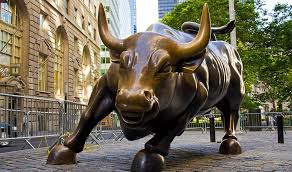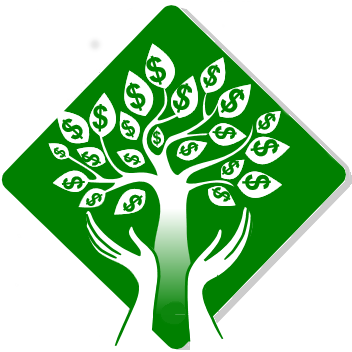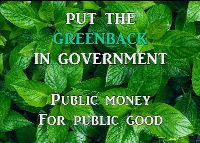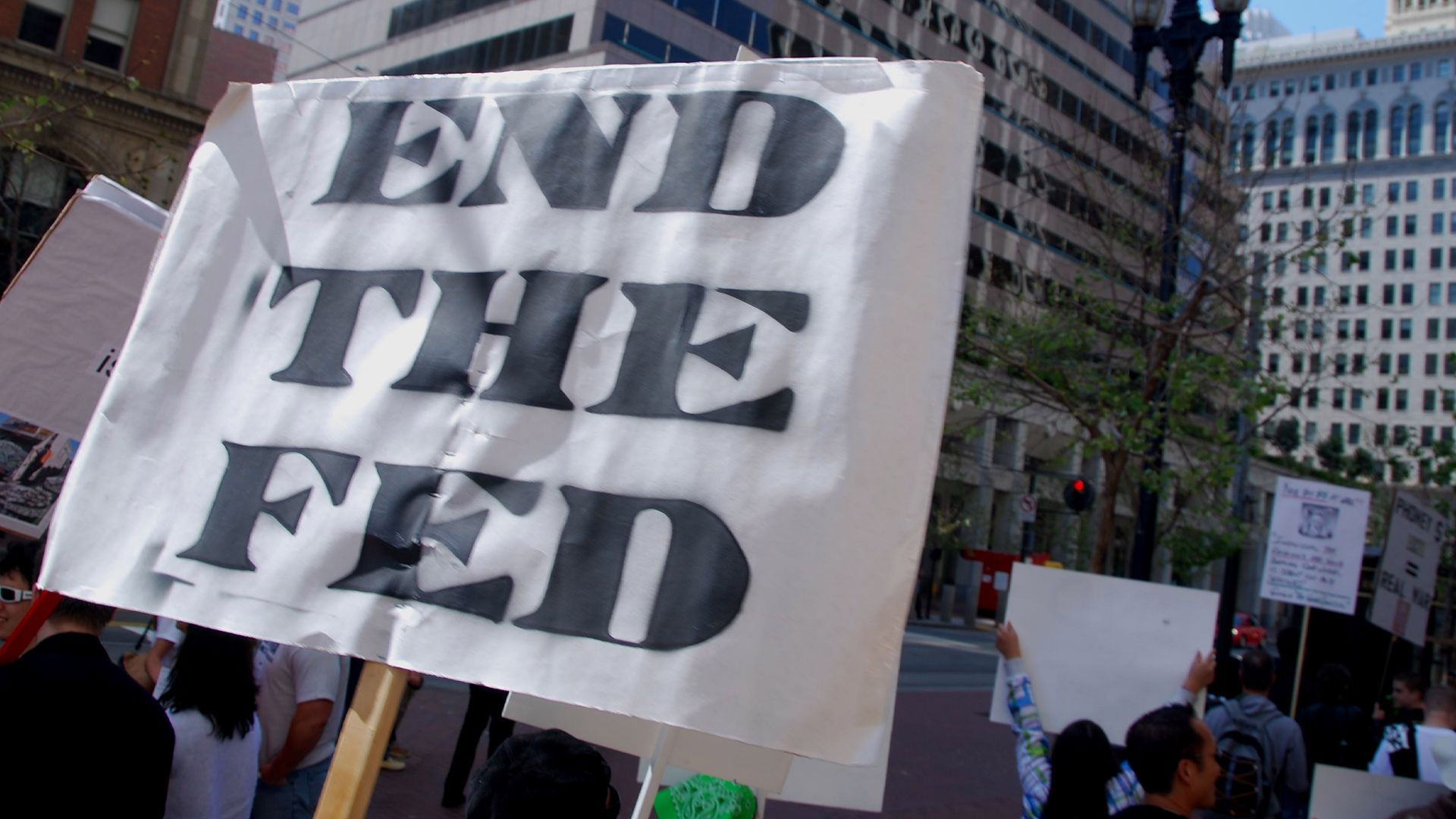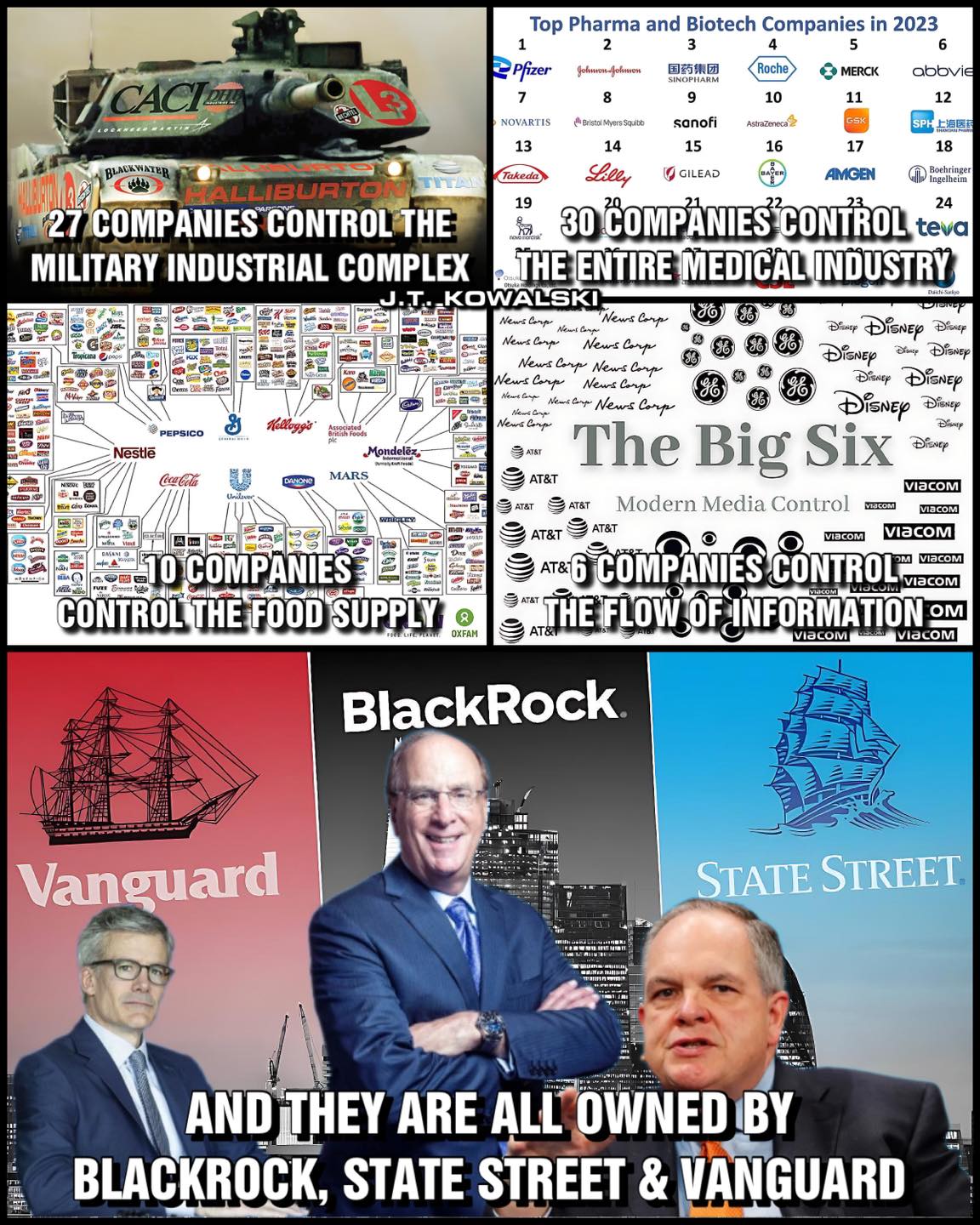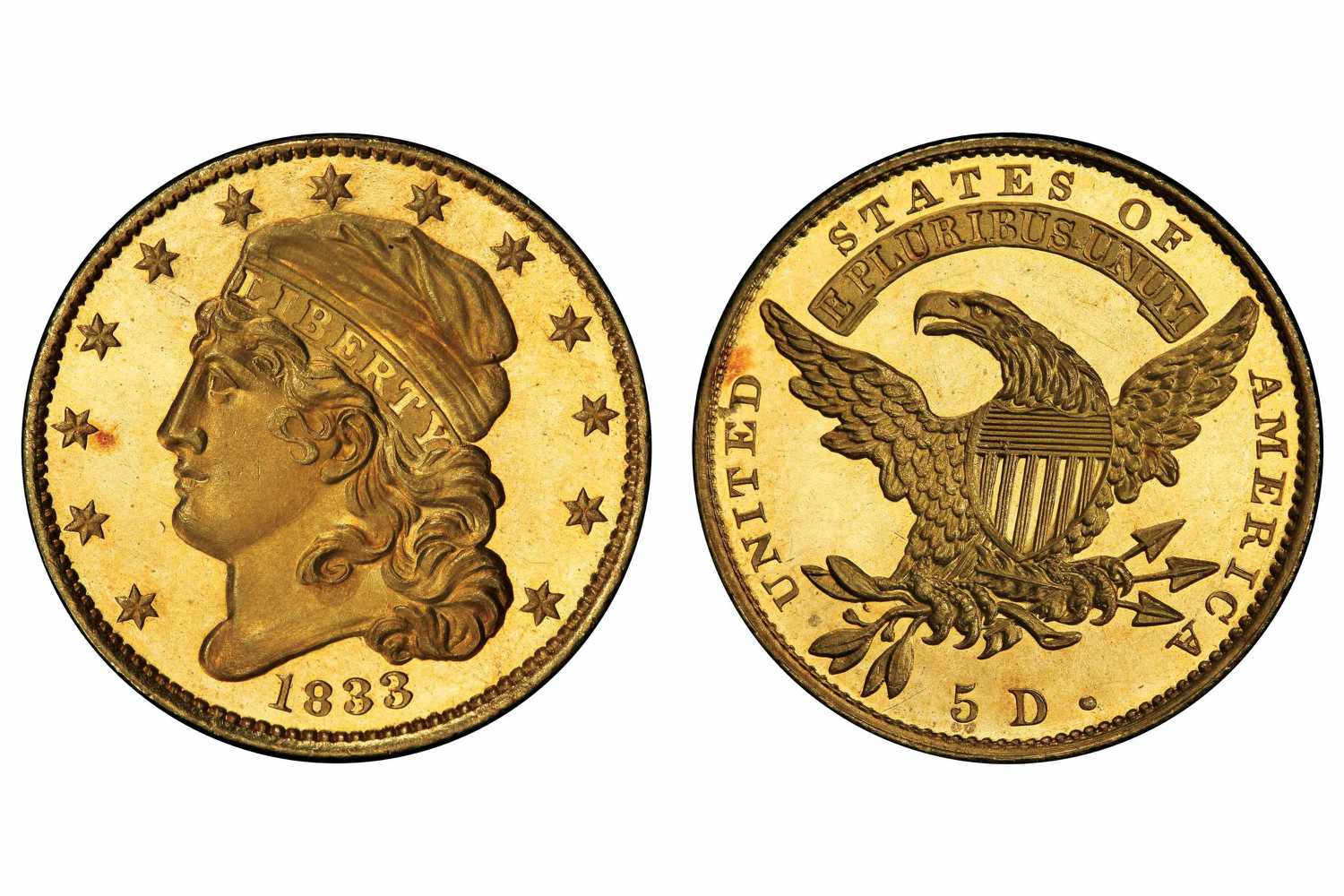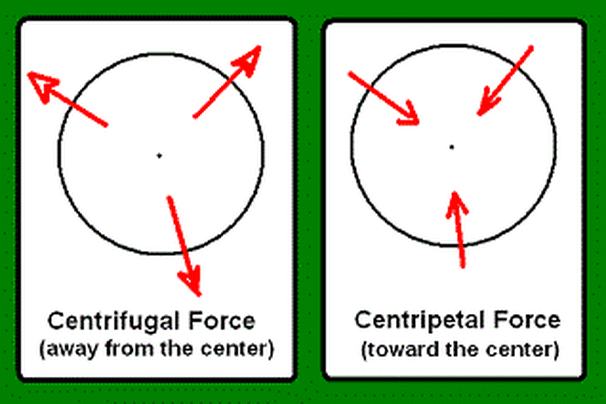BMRC (Banking and Monetary Reform Committee) will be presenting live on zoom at…..
Green Party 2024 Annual National Meeting
and Presidential Nominating Convention online
Theme of ANM: Local Actions, Local Impact.
Track: Anti-Oppression
“CRACKING THE CLASS CEILING AND ESCAPING THE DEBT TRAP”
Thursday, August 15
3-4:30 pm ET – with Q&A
There will be a ten-minute video by Steve Showen of Florida GP, titled Save the World. Get Real Money, followed by short live zoom presentations of 6-8 minutes each:
-
Unsustainable Debt
-
Sovereign Money versus Bank Money
-
Inequality Threatens Social Collapse
-
Present Crises Demand Change
-
Which Proposals Excite YOU?
-
Local Currencies
-
How GPUS Green Dollar Can Bring Healing
Links to further information in the form of handouts will be provided to the attendees.
Note: If you are not a member of the Green Party and can’t attend, the presentations are usually videotaped and displayed on gp.org.
BMRC Monthly Newsletters can be found on our website: greensformonetaryreform.org
The Culture of Control
by Howard Switzer, GPTN
"To control a people, you must first control what they think about themselves and how they regard their history and culture. When your conqueror makes you ashamed of your culture and your history, he needs no prison walls and no chains to hold you" - Dr. John Henrik Clarke
"The modern slave is not in chains, they are in debt" - anonymous
Positiva Pengar, the Swedish affiliate to IMMR, the International Movement for Monetary Reform, is sponsoring a webinar titled "How to stop capitalism from strangling our economy." In the promotion they pose three questions that the webinar is to answer.
“Many people say that capitalism is bad. But what is capitalism? Why is it problematic? And can capitalism's inherent problems be solved?”
Here are my answers:
Yes, of course, properly understood capitalism is bad, it is an economic system driving ecocide, wars and nearly every other major problem we face in the world today. To the capitalist these are just collateral damage in their apparent insatiable greed for power. Capitalism is an existential threat. How does it do that and what can we do to stop it? As Sun Tzu wrote in the Art of War, “know your enemy” which brings us to the questions:
“What is Capitalism?”
Of all the definitions I have seen, none, in my opinion, are complete. Learning some of the monetary history, which is the story of power, I think makes it clear. I think the word is a perfect description of itself.
Capitalism = (capital = money) + (ism = system) = money system. It is the central feature and source of awesome power for the capitalists is their private debt based global monetary system. Capitalism and its money system emerged as one. It is a debt parasite on the back of free enterprise over 300 years old, extracting the lion’s share of the wealth created by human labor and the planet. Free enterprise and capitalism are often and wrongly conflated.
Nations need to reclaim their sovereign right to issue debt-free money, the most vital prerogative of democratic self-governance. This would allow them to reclaim their resources for the general welfare of their people.
“Why is it problematic?”
The list of problems caused by this system is long and it all stems from the private creation of money as interest-bearing debt for personal gain, an abuse of monetary authority long known as usury. Capitalists create money when their commercial banks make a loan and because they only create the principal of the loan, requiring the interest to be paid out of another’s principal, it drives a predatory competition to pay the interest on debt so as not to lose the real wealth collateral used to secure the loan. When loan payments (money destroyed) exceed loans being made (money created) the system crashes, which happens every 10 years or so. Because money is created as interest-bearing debt, 50% of the price we pay for all goods and services, on average, is “capital costs”, meaning interest going to the banks. It is organized accumulated wealth that controls the public policy of much of the world.
“Can capitalism's inherent problems be solved?”
The answer is yes; however, it must be understood that the only way to solve the inherent problems of capitalism, the money system, is to replace it with a democratic public money system that instead of issuing money as interest bearing debt, issues all money exclusively as an asset (no debt) for the general welfare. This effectually ends capitalism. Some suggest that to stop capitalism we just need to take over privately owned production with cooperative enterprise. The problem is that has been done and it does not stop capitalism, rather it is a strategy for surviving within capitalism. Ending capitalism would allow not just cooperative enterprise to flourish, it would reverse the systemic concentration of wealth, eliminating poverty. It has also been suggested that we should eliminate money altogether.
That is essentially what Andrew Jackson did when he refused to renew the 2nd National Bank’s charter, essentially ending money creation and sending the economy into one of its worst depressions, lasting 10 years. No money, no economy. If he had issued debt-free public money (greenbacks) after doing so, the nation’s economy would not have gone into depression. Properly functioning money is society’s distributive mechanism. Under capitalism money is a private control mechanism.
It is interesting, or sad, that in American politics there is no political party that embraces monetary reform to eliminate capitalism and change power relations. It is in the Green Party US platform, but the party does not support or promote it on their website or in their campaigns which makes it appear they’ve been compromised. It is a big win for the capitalists that it is not a subject being widely studied and discussed. It is testament to their ability to manipulate public perception via their psychologically engineered schools and media. Frighteningly, with cyber tech they seek to make money and even more intrusive and thorough control system.
I believe a movement big enough could change the system, the big question is, will it ever happen?

Wide Awake Revival (NEEDED)
by Eugene Woloszyn GPCT
The FED should not pay banks $180 billion in interest for reserves held at the FED
Unlike in past decades, in 2009, the FED began paying interest on bank reserves held at the 12 FED regional banks. This was done to help bail out the very weak banks after the 2008 Crash. This was not very impactful when the FED FUNDS RATE was near zero. But since the FED started a rapid increase in interest rates now up to 5.5%, this is a huge windfall to US banks. As you state, current bank reserves are $3.46 TRILLION.
At 5.5% interest, this amounts to $180 BILLION per year. This is an example of how ex Wall Street investment bankers like Powell & bank lobbyists manipulate changes with no Sunshine Provisions that end programs when they are no longer needed or too costly. The US budget deficit is estimated to be $1.5 TRILLION this year.
$180 BILLION represents 12% of the federal deficit. Although a relatively small amount, it is symbolically important to end corporate subsidies that are no longer necessary & too expensive.
For the first time in decades, the FED IS LOSING LARGE AMOUNTS OF MONEY THIS YEAR. Therefore, it will not return any money to the Treasury after it deducts its lavish salaries, pensions and; perks including fine dining facilitates (free or low cost). Justice demands ending this subsidy to US banks.
Our media focuses on phony “Breaking News”, while real pocketbook issues are hidden. As long time US Senator Dick Durbin said in a candid moment: “the banks run this place”. How can we focus public attention on this component of the problems at the FED?
...because they control money creation.

Sovereign Money
An AI generated response to the questions
Sovereign Money
A Consensus View on Democratizing Money
A soveriegn is a word much abused today. It means the supreme ruler, like a monarch, who issues the money, which in those days was generally gold or silver coinage. In a democracy the people are supposed to be the sovereigns with democratically elected representatives to issue the money. Despite what many believe the US is not a democracy. Its government does not issue the money, it is instead a plutocracy, ruled by a power elite who issue all the money as interest-bearing debt.
1. What is “Sovereign Money”?
Sovereign Money is defined today as money that is created and issued solely by a democratic state or institution and controlled to benefit the entire community. Unlike the current system where commercial banks create most of the money through lending, sovereign money would be created directly by an agency of the government without corresponding debt. This system ensures that the money supply is a permanently circulating asset and not a liability, aiming to serve public interests rather than private bank profits. The primary goal is to provide a stable, debt-free currency that supports the socio-economic development of the nation.
2. What does it mean to “democratize money”?
Democratizing Money means ensuring that the creation, allocation, and management of money serves the public interest and is controlled by the public rather than private banks. This involves:
-
Shifting the power to create money from commercial banks to a public authority.
-
Ensuring that the money supply is managed transparently and inclusively, with decisions made based on the common needs of the population.
-
Designing a monetary system that reduces economic inequality and fosters sustainable growth, enabling everyone to participate equally in the economy.
In essence, democratizing money means transforming the monetary system to be more inclusive, equitable, and responsive to the needs of the people rather than driven by profit motives of private financial institutions.
3. What is the end goal of this movement for monetary reform?
The End Goal of Monetary Reform is to create a stable, equitable, and sustainable financial system that serves the public interest. This includes:
-
Preventing economic crises by eliminating the boom-and-bust cycles caused by money issued as interest-bearing debt.
-
Reducing economic inequality by ensuring a fair distribution of money and resources.
-
Fostering sustainable economic growth that benefits all citizens.
-
Ensuring that money creation and allocation are managed transparently and democratically, with the ultimate aim of promoting the general welfare and economic stability of the nation.
Overall, the movement seeks to reclaim the power of money management from private banks and place it back in the hands of the public through democratic institutions. This transformation is seen as essential for achieving a just and stable economic system that prioritizes human and environmental well-being over private profit.

Society’s Distributive Mechanism
by Howard Switzer, GPTN
Sharing the abundance of our world.
We live under a 300+ year old centripetal monetary system that concentrates everything to the center, wealth, power, population, food production etc. and control of governments, industries and institutions, sometimes violently. The primary mechanism of power is money, the creation of which they control and can weaponize as needed. BTW when the big banks want to do something big, they must call "the family office" to get permission, inaccessible to most. Does anyone here have their number? No of course not.
The recent debacle with the security software update caused by Crowd Strike reveals how global the system is and how it is lacking stability and resiliency. Crowd Strike you recall is the company that started the Russia-gate hoax by falsely claiming the Russians had hacked the DNC servers. It appears that Seth Rich was murdered for leaking that information.
The most successful currency ever recorded was the local currency issued by a small town of 4000 in Austria in the depths of the depression (1932-1933) which was based on the monetary ideas of Silvio Gesell. In the 15 months before the "central office" had it banned the town had accomplished $2.5 million worth of public works while only issuing $6000 due to its high velocity circulation caused by its parking fee of 1% per month. Its wild success made the news world around and was called The Miracle of Wörgl.
A decentralized social organization can happen once the top topples, due either to a mass movement, their own hubris, or both. So, the movement for decentralization must dismantle the current power structure for them to flourish. This is what the International Movement for Monetary Reform is about. I am with the Alliance for Just Money, the American affiliate, seeking to pass the NEED Act legislation already written and vetted but was not allowed on the floor for a vote, that would change the system. The IMMR wants every nation to reclaim its sovereign authority for the exclusive control of their money and resources. This puts the power back into elected government instead of the unelected "central office."
We need a centrifugal monetary system that instead of concentrating wealth and power, distributes it widely. The proper role of money is to be the distributive mechanism of society.
"To allow it to become a source of revenue to private issuers is to create, first, a secret and illicit arm of the government and, last, a rival power strong enough ultimately to overthrow all other forms of government." Frederick Soddy
Kate Raworth's Donut Economics is a beautiful guide for fiscal policy but will require a supportive monetary policy. I would recommend everyone read the monetary history, it is the story of power.
“The problem of the modern economy is not a failure of a knowledge of economics; it's a failure of a knowledge of history. “John Kenneth Galbraith.
I recommend everyone read The Lost Science of Money by Stephen Zarlenga, it is a great summery. Roger Hallam and company are going to jail because they had recognized that the problem we face with climate is not technical but about power. This is true for other issues as well. Money and power are two sides of the same coin which is why it must be a public function for the many, not a profit machine for the abusive few.

To allow money to become a source of revenue to private issuers is to create, first, a secret and illicit arm of the government and, last, a rival power strong enough ultimately to overthrow all other forms of government.
– Frederick Soddy
- Our current monetary system is institutionalized usury.
-
- Usury:
- The abuse of monetary authority for personal gain.
- The great religions and philosophers condemned usury.
-
Dante described it as
An extraordinarily efficient form of violence by which one does the most damage with the least amount of effort.
